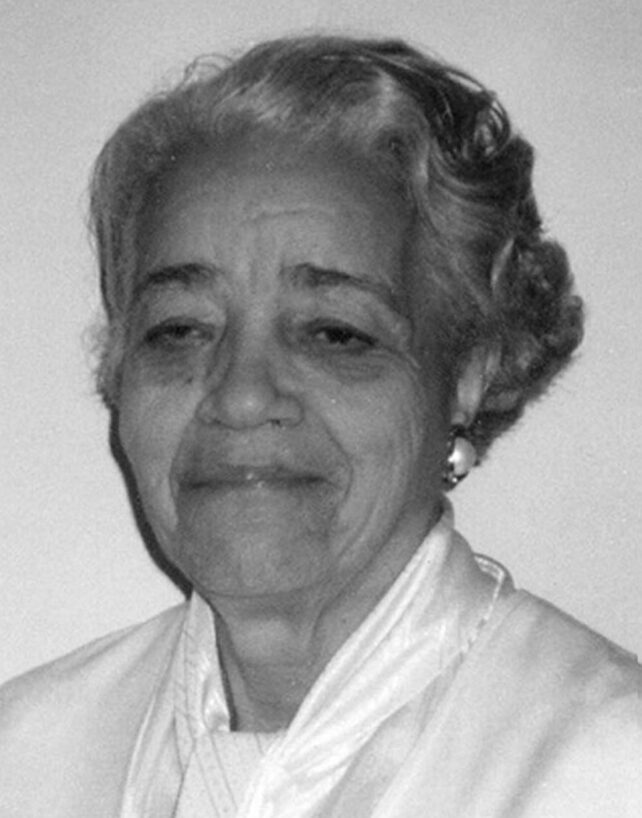
The second in the series ‘Seven days of Black Heroes’ is Mathematician and ‘human computer’ Dorothy Vaughan.
Dorothy Vaughan, a pioneering mathematician, was born on September 20, 1910, and her legacy continues to inspire generations. Born and raised in Kansas City, Missouri, she displayed an early aptitude for mathematics, which led to her being awarded a full scholarship to attend Wilberforce University, where she honed her skills. This educational opportunity laid the foundation for her groundbreaking career.
In 1943, Vaughan was hired by what was then known as the National Advisory Committee for Aeronautics (NACA), which later became NASA. She began her journey as a “human computer,” utilizing her exceptional mathematical abilities to solve complex equations critical to the organization’s research and development efforts. Her talent and dedication quickly caught the attention of her colleagues and supervisors.
By 1949, Vaughan’s remarkable contributions earned her a historic promotion to supervisor of the West Area Computing Unit at NASA. This achievement not only made her the first African American woman to be promoted within the organization but also marked her as the first African American supervisor at NASA. In this leadership role, she not only managed a team of mathematicians but also continued to contribute significantly to important projects.
Vaughan’s impact extended far beyond her managerial duties. She played an instrumental role in crucial NASA missions, including providing vital flight calculations for historic endeavors such as Apollo 11 and Project Mercury. Collaborating closely with fellow trailblazers Katherine Johnson and Mary Jackson, Vaughan’s expertise and perseverance were integral to the success of these missions. Their remarkable story was brought to mainstream attention in the 2016 film “Hidden Figures,” which shed light on the often-overlooked contributions of these brilliant women to America’s space program.
Dorothy Vaughan’s groundbreaking achievements and enduring legacy serve as a testament to the power of perseverance, intellect, and determination in overcoming barriers and shaping history.
Her contributions to science and obliteration of limitations imposed on Black people and women continue to pave the way for future generations of mathematicians and pioneers in various fields.

Although tests identified Dorothy Vaughan as a gifted child, she was in fact dyslexic and her remarkable achievements again illustrate the failure of our education system in recognising the 20% of children who are dyslexic.
Some years ago, when I offered to help to the Ministry of Education in overcoming the problems dyslexic children face in the regular classroom environment, I was told that they already had programs in place for slow learners. What the Ministry fails to understand is that children gifted with dyslexia are not slow learners, but different learners.
Moreover, children gifted with dyslexia a very creative. Albert Einstein was dyslexic and so too was Leonardo Da Vinci. My gift of dyslexia placed me at the bottom of the class in school, but without it I would not have been able to function as an artist and inventive engineer.
This short video is essential viewing for the understanding of dyslexia: https://www.youtube.com/watch?v=gtFKNPrJhJ4&t=16s